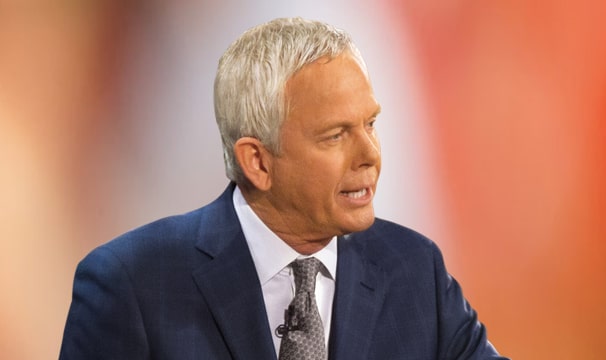John the Baptist demonstrated the power of the spoken word when he cried, “Clear the way through the wilderness for the Lord! Make a straight highway through the wasteland for our God!” (Isaiah 40:3 NLT). The good news is that you and I also have voices that can open divine pathways and allow God’s plan to unfold in our lives, our church, and our nation!
Zechariah, John the Baptist’s father, teaches us another powerful lesson about our voice. Before John’s birth, an angel appeared to Zechariah as he performed his priestly duties. The angel said to him, “…Don’t be afraid, Zechariah! For God has heard your prayer, and your wife, Elizabeth, will bear you a son! And you are to name him John” (Luke 1:13 NLT).
The angel continued to give Zechariah many details regarding John’s life and ministry. But notice Zechariah’s response to the angel’s message: “…Do you expect me to believe this? I’m an old man and my wife is an old woman” (v. 18 Message).
This was definitely not the way Zachariah should have answered the angel! In fact, it is always a bad idea to question what God says.
Doesn’t it seem as though the appearance of an angel would have been enough to cause Zachariah to believe? Well, it wasn’t. The angel answered Zechariah,
“…I am Gabriel! I stand in the very presence of God. It was he who sent me to bring you this good news! And now, since you didn’t believe what I said, you won’t be able to speak until the child is born. For my words will certainly come true at the proper time” (vv. 19,20 NLT).
Gabriel was utterly aghast that a man would question God. Gabriel stood before Almighty God, who had sent Zechariah good news in answer to his prayer. How could this mere human being question God?
Clearly Zachariah could not be trusted with God’s plan. So because of Zachariah’s words of unbelief, Gabriel had no alternative except to close his mouth until after God’s plan was fulfilled. There was too much at risk to allow Zechariah to jeopardize God’s master plan with the words of his mouth. With Zachariah’s voice silenced, God’s plan was executed, and Elizabeth conceived a child in her latter days.
Not long after Elizabeth conceived, Gabriel appeared to a young virgin named Mary with a similar message: “‘Don’t be afraid, Mary,’ the angel told her, ‘for you have found favor with God! You will conceive and give birth to a son, and you will name him Jesus'” (vv. 30,31 NLT). Although Mary was engaged, she had not yet been with a man. So upon hearing this news, she, too, asked Gabriel a question, saying, “But how can this happen? I am a virgin” (v. 34).
Mary asked a question, but it was very different in nature to Zechariah’s. Zechariah’s question doubted God’s ability to do such an impossible thing, but Mary simply asked how it would be accomplished since she was a virgin. Obviously, it’s okay to ask God how He will accomplish what He has promised us—as long as we believe what He says, no matter how impossible it seems.
We never want to question God’s ability to do the impossible. Instead, we can adopt the attitude that Mary had toward: “…May everything you have said come true…” (v. 38).



